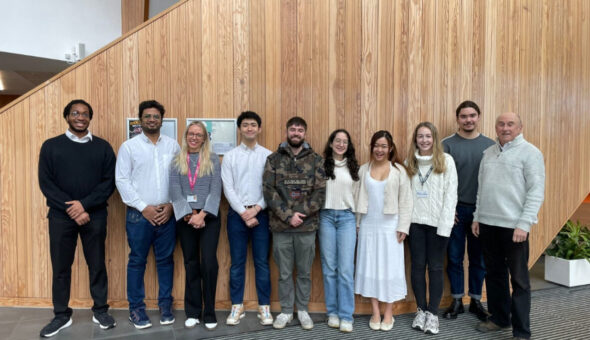Congratulations to Chemical Engineering who have recently successfully delivered the first year of their vanguard undergraduate course developed through the Curriculum Transformation initiative!
The department took a course-wide approach to planning their transformed course, which started by clearly identifying the desired goals in terms of discipline knowledge, professional and transferable skills, and graduate attributes. They then considered the entire student journey, from studying in a school or college environment, to studying at university, through to employment in a diverse range of roles.
One of the benefits of a course-wide approach is the development between staff of a shared understanding of key content and themes across the course (such as integrating theory and practice, increased use of open-ended problems and development of transferable and professional skills) and the contribution of each unit to those goals.
I think unit parts are better integrated across the year. Having regular meetings with the Curriculum Transformation team was very useful because (a) we were informed about the content of each part of a unit, (b) avoided (unnecessary) repetition of content between units, (c) decided when each concept will be taught (to have a nice flow). First year unit convenor
How was this achieved?
The department established a first-year teaching team and a new coordinator role to oversee the implementation of their transformed curriculum. Core units in the first-year units are all team-taught. The first-year teaching team met regularly during 2018/19 to plan the details of delivery and assessment, ensuring topics and skills were aligned within and across units. This team approach ensured that everyone understood the content and purpose of each unit. Planning meetings ran alongside department communities of practice which focused on various aspects of teaching and delivery (for example transition, labs, tutorials, assessment for learning). The DoS and DoT maintain oversight of the entire course, with emphasis on the vertical integration and development of knowledge and skills between years.
This collaborative approach has led to greater consistency about the overall approach to the subject across the department. The teaching team have been able to identify shared priorities and take collective decisions, for example about the types and timings of assessments.
Shared ownership of the first year has also provided opportunities for increased mentoring between staff, who have been openly sharing experiences and solutions. There has also been flexibility to adapt so that the student experience is not affected by staff absence or unexpected shifts to online teaching!
Now, reflecting on the first year of teaching, staff feel that the teaching experience has been enjoyable, even with the challenges of teaching and assessing new units. The first-year experience has been improved by introducing more active learning (problem-based learning and team-based learning), increased formative assessment, and increased integration of theory and application, linked to initiatives within the professional body. The first-year students have been more engaged, with consistently high attendance (more than 90% attendance for many sessions).
The first-year team have been sharing these experiences with the year two Curriculum Transformation teaching team to ensure sustained improvements in future years, further embedding their course-wide approach. As a result, the department are well-placed to plan for the Bath Blend in 2020-21.
Planning a course-wide approach to the Bath Blend
The Curriculum Development team have prepared resources and guidance to help course teams gather course and unit information in preparation for 2020-21. Sharing this 'big picture' will enable all staff who teach or support teaching to assist in planning learning and teaching activities that form a clear and coherent course for students and staff alike.
Visit our Bath Blend Essentials page to see how you can take a course-wide approach to planning for blended delivery.
For further support and advice on developing your course-wide approach please contact your Curriculum Development Officer, or email curriculumdev@bath.ac.uk.
Respond



